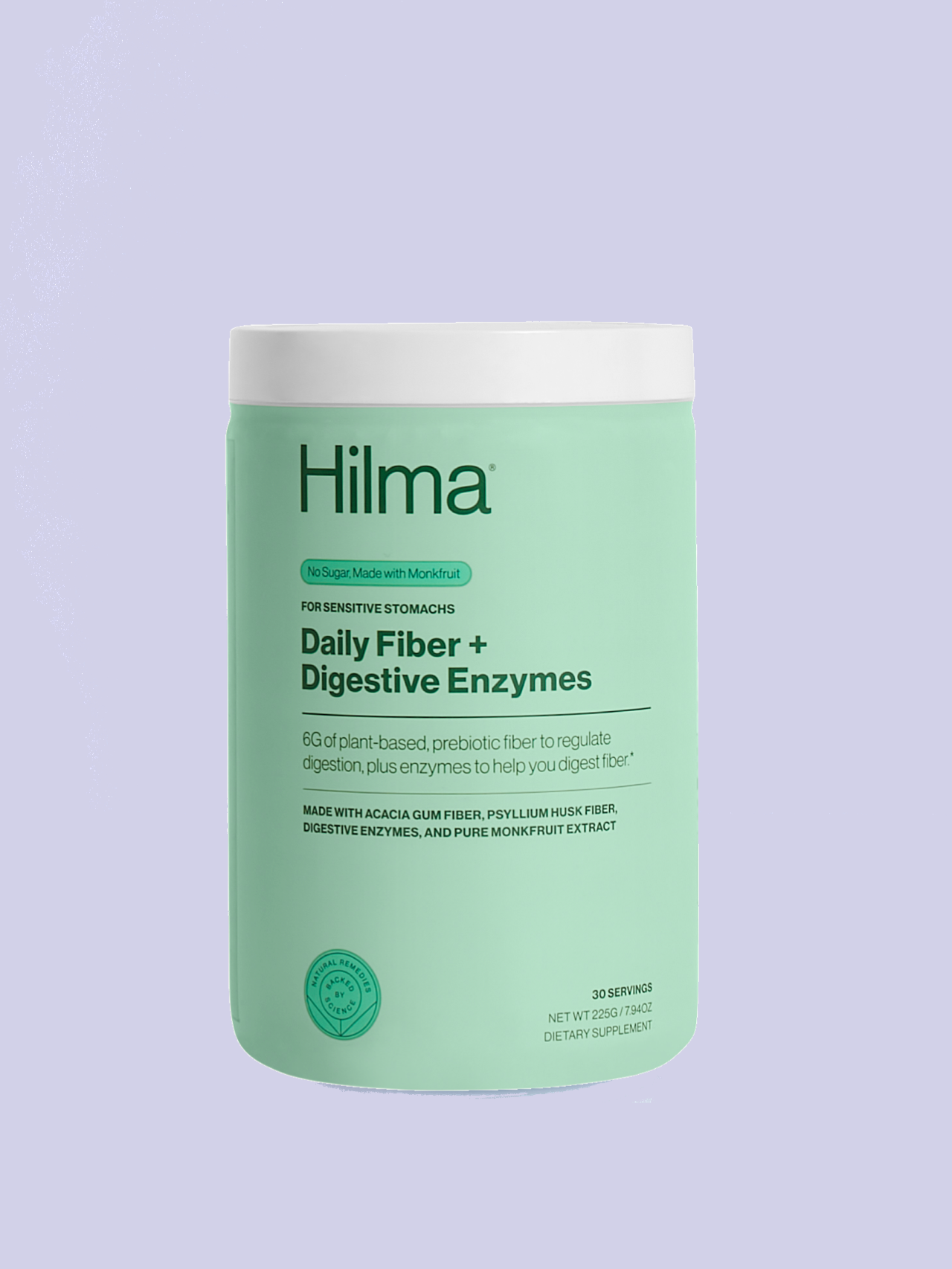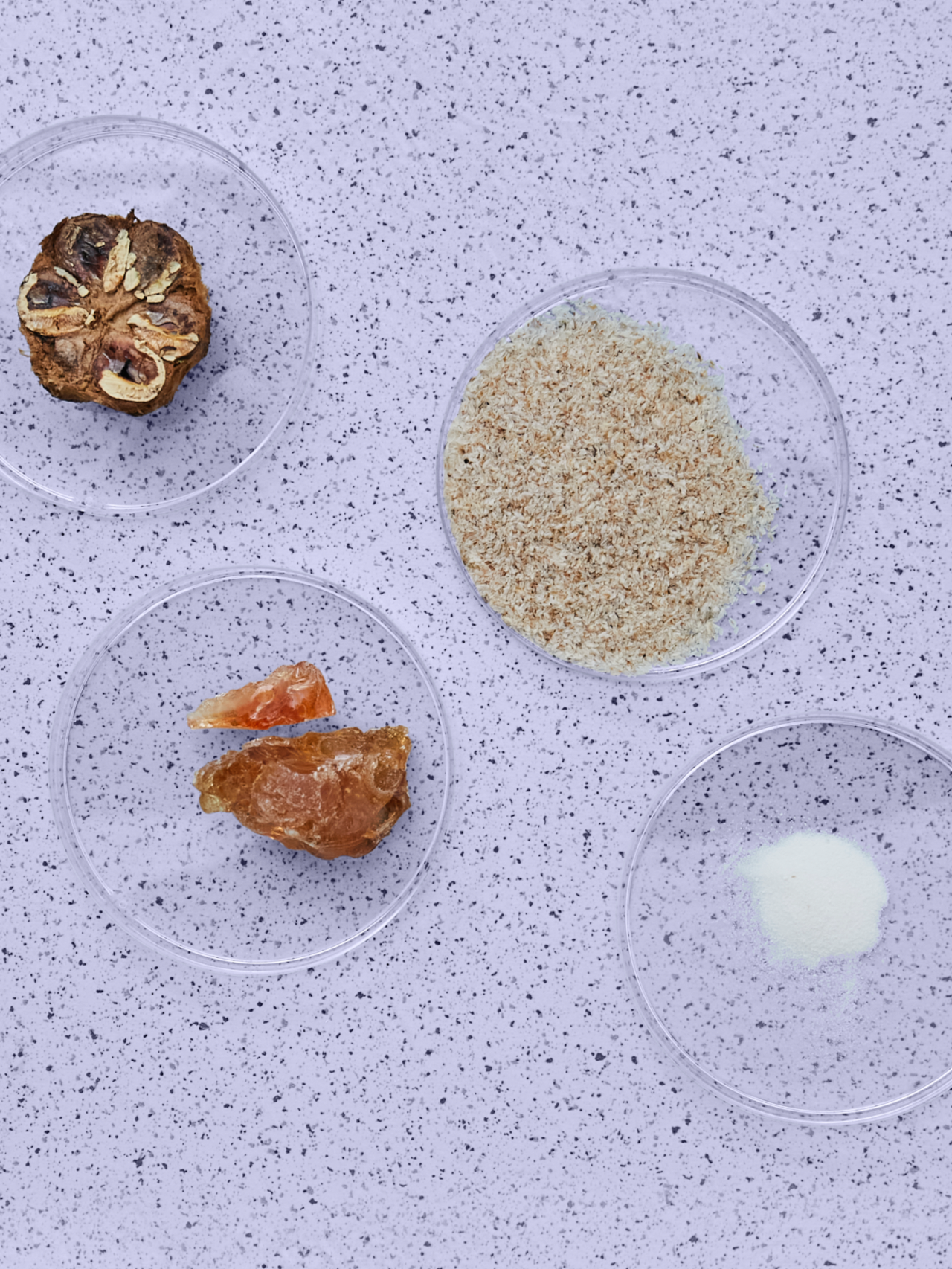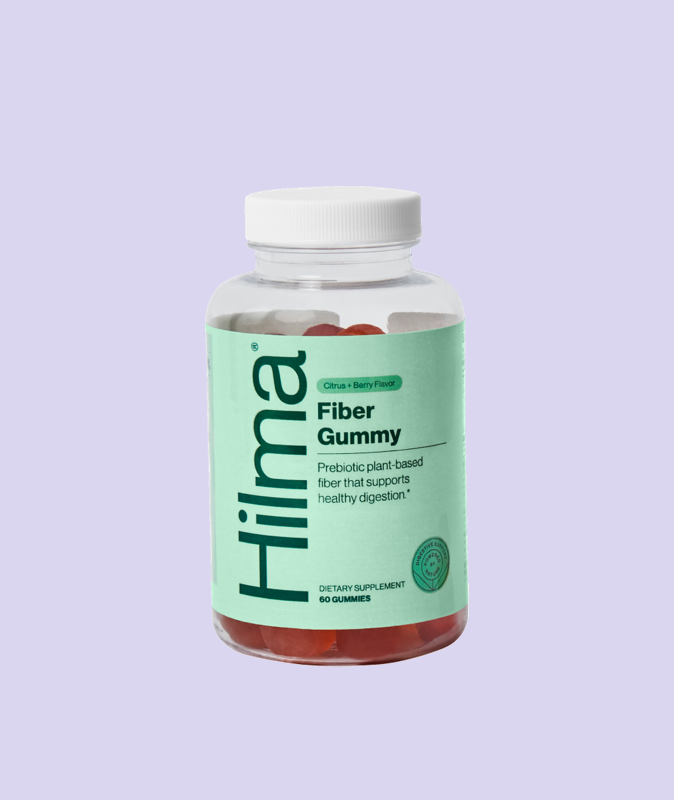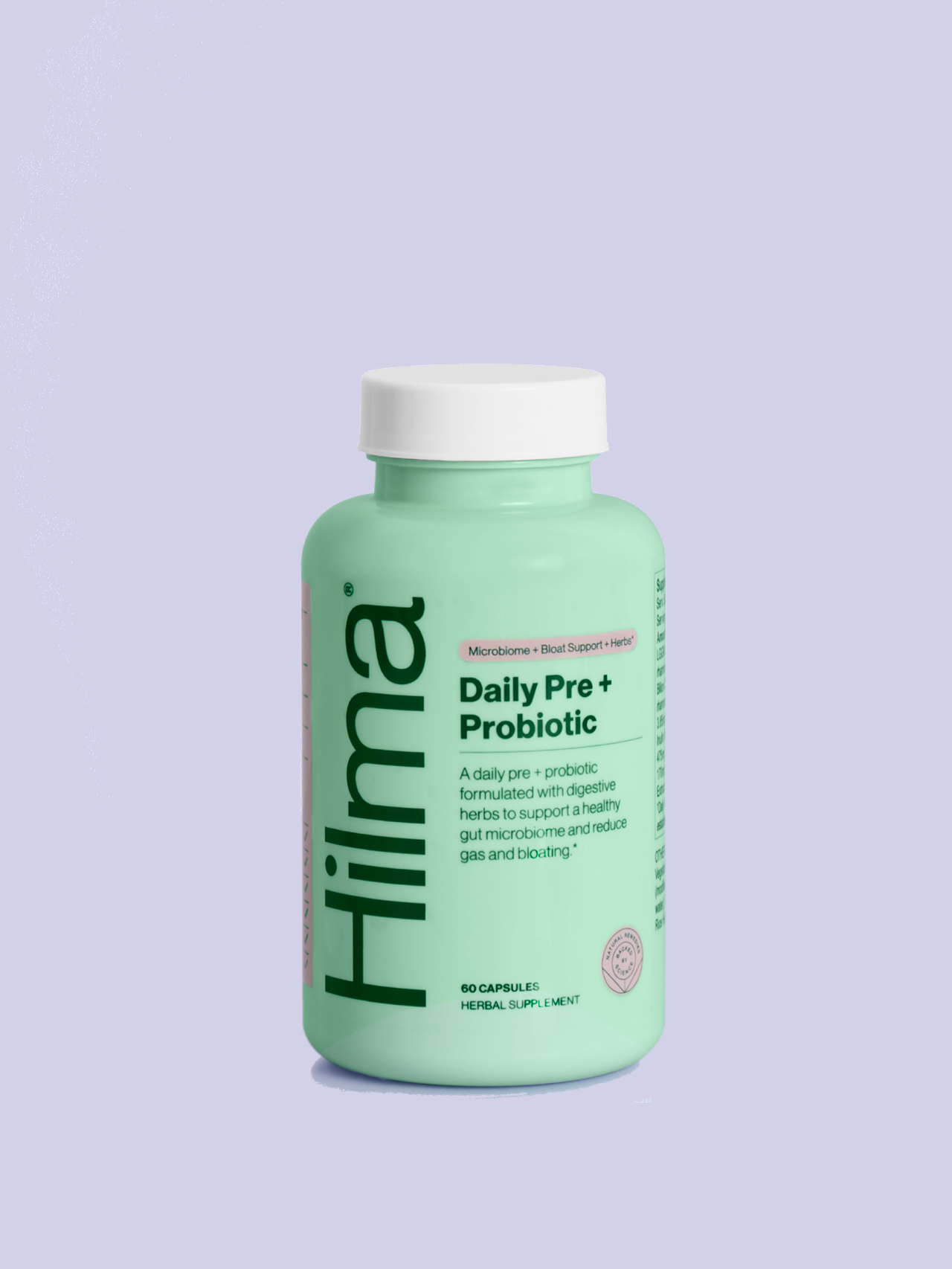
When it comes to gut health, what you eat plays a massive role. Our gut is home to trillions of bacteria and other microorganisms, collectively known as the gut microbiome. These tiny residents do more than just hang out—they help us digest food, boost our immune system, and even influence our mood. So, it makes sense that what we eat can either help these good bacteria thrive or cause the less-friendly ones to take over. Let's take a closer look at how your diet affects your gut microbiome and how you can make simple dietary changes to support a healthier gut.
How Your Diet Impacts Your Gut Microbiome
Think of your gut microbiome as a garden. Just like a garden needs the right balance of water, sunlight, and nutrients to flourish, your gut needs a balanced diet to maintain a healthy mix of bacteria. Here’s how different foods can impact your gut:
-
Feeding the Good Bacteria: You can introduce healthy bacteria, known as probiotics, to your gut by eating fermented foods like kimchi, sauerkraut, yogurt, and miso. These foods are rich in live cultures that can help boost the population of good bacteria in your gut.
-
Fueling with Fiber: The good bacteria in your gut also need food to thrive. That’s where fiber comes in. Fiber-rich foods like fruits, vegetables, nuts, seeds, and legumes provide the necessary fuel to keep these beneficial bacteria happy and healthy. Experts recommend that you consume 35g of fiber a day. If you struggle to reach that goal, consider incorporating our Fiber Gummy or Daily Fiber + Digestive Enzymes into your diet.
-
Encouraging Harmful Bacteria: On the flip side, consuming too much alcohol, sugar, and processed foods can encourage harmful bacteria to grow, potentially leading to an imbalance in your gut, known as dysbiosis. This imbalance can set off a chain reaction of issues that affect not just your digestion but your overall health.
Signs Your Diet Might Be Impacting Your Gut Negatively
If your diet is out of balance, your gut might let you know in more ways than just digestive discomfort. Here are some signs that your diet could be negatively impacting your gut health:
- Digestive Issues: Bloating, gas, or general digestive discomfort are classic signs that something is off in your gut.
- Skin Problems: Believe it or not, skin irritations or acne can sometimes be linked to an unhealthy gut.
- Mental Health: The gut and brain are closely connected. A poorly balanced gut can contribute to increased anxiety, mood swings, or even depression.
- Weak Immune System: Since a significant portion of your immune system is located in your gut, frequent colds or infections could signal that your gut is not in the best shape.
If you’re experiencing any of these symptoms, it might be worth taking a closer look at your diet and making some adjustments to support a healthier gut.
3 Simple Steps to Improve Your Gut Health Through Diet
If you're looking to make changes to improve your gut health, here are three simple yet effective steps you can take:
-
Reduce Sugar, Alcohol, and Processed Foods: These can feed harmful bacteria and cause inflammation in your gut. Cutting back on these foods is a great first step towards a healthier gut.
-
Eat a Variety of Plants: Aim to eat 30 different plants per week. This may sound like a lot, but it includes everything from fruits and vegetables to nuts, seeds, herbs, and legumes. This diversity provides a wide range of fibers that feed different beneficial bacteria in your gut, promoting a balanced and healthy microbiome.
-
Incorporate Fermented Foods: Try to eat at least one serving of fermented food each day, such as sauerkraut, yogurt, cottage cheese, kimchi, or miso. These foods provide a natural source of probiotics, which can help boost the number of good bacteria in your gut.
For an added boost, you can also consider adding Hilma’s Daily Pre + Probiotic + Herbs to your routine. This supplement is designed to help maintain a healthy balance of bacteria in your gut, especially if you’re not getting enough probiotics through diet alone.
How Long Will It Take to Notice a Difference?
When it comes to gut health, patience is key. Some people may notice changes in how they feel almost immediately after making dietary changes, while for others, it might take a little longer. Changes in gut health can be subtle, much like watching your hair grow—it’s happening, but it might be hard to see day by day.
To help you stay motivated and track your progress, consider keeping a diary of what you eat and how you feel each day. This can help you identify patterns, notice gradual changes, and keep you focused on your goals.
Your gut health is a reflection of what you eat, and making mindful choices can make a big difference in how you feel, both physically and mentally. By reducing sugar and processed foods, eating a variety of plants, and including fermented foods in your diet, you can support a healthier and more balanced gut microbiome. Remember, consistency is key, and even small changes can add up over time.
If you’re looking to support your gut health further, consider trying Hilma’s Daily Pre + Probiotic + Herbs. It’s a great addition to a gut-healthy diet and can help you on your journey to a healthier, happier gut.




